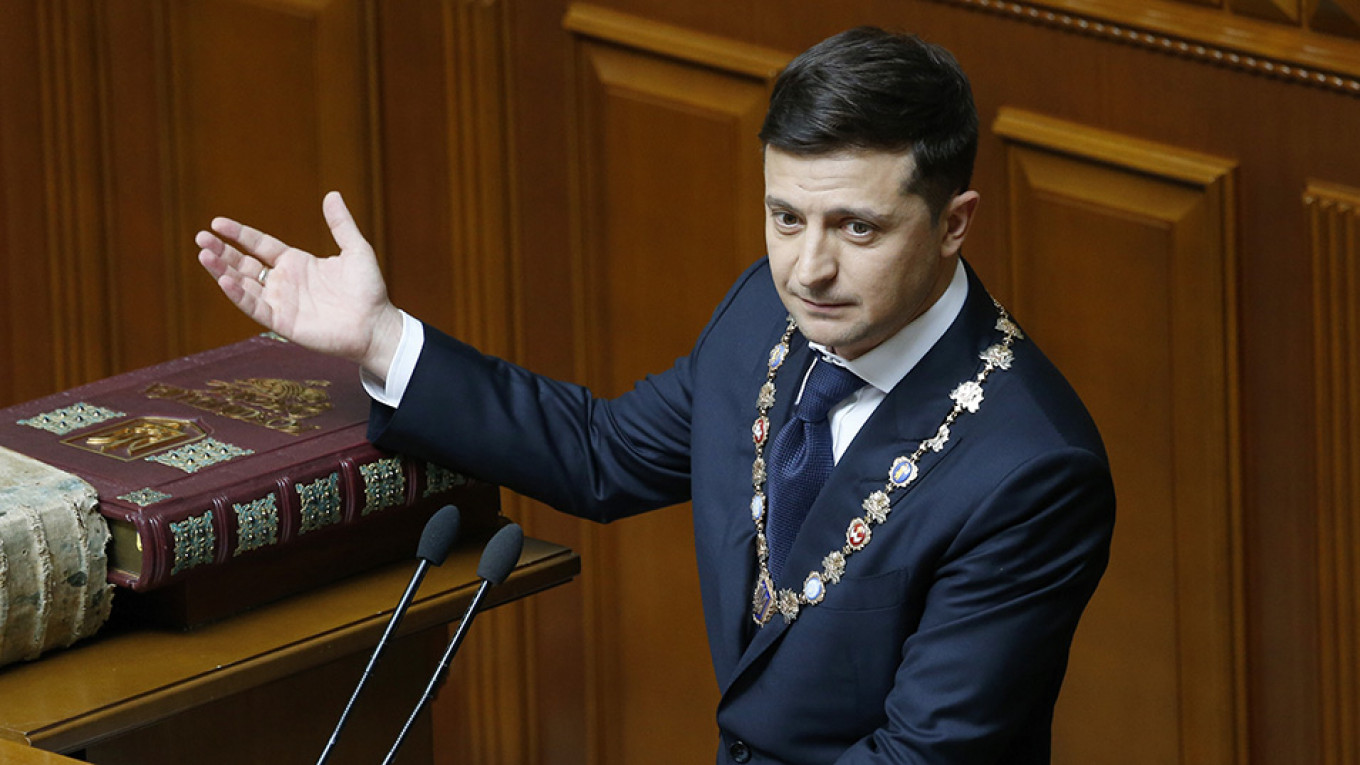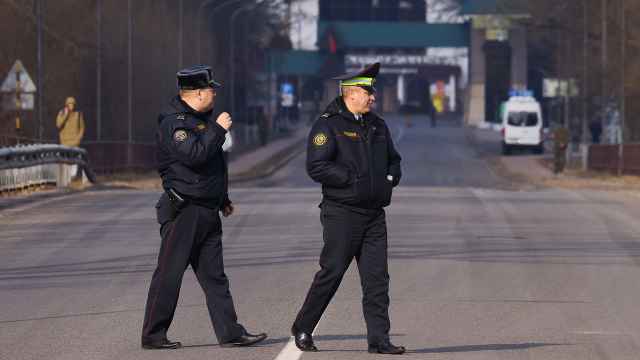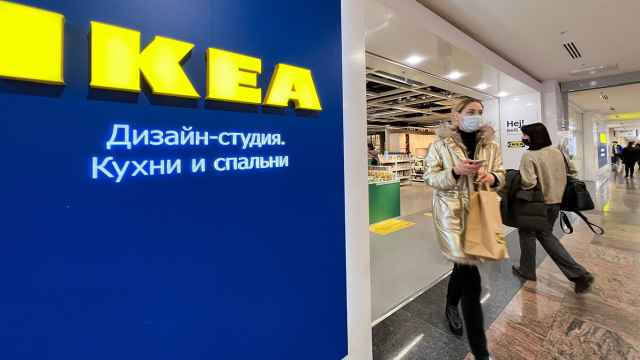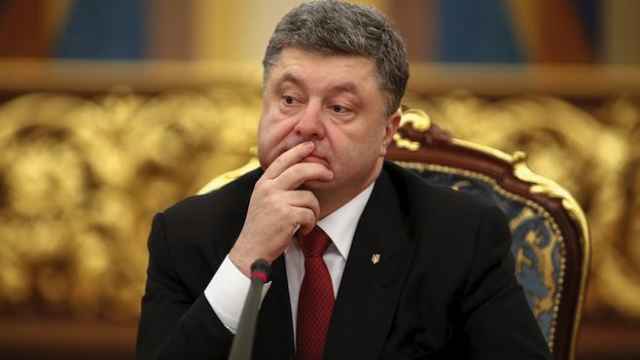Volodymyr Zelenskiy hasn't even been a full day in office as President of Ukraine, but has already done enough to be constantly compared to President Vladimir Putin, which, perhaps, might not work in Putin's favor.
On May 20th, Zelenskiy was sworn in as head of state. His political background and election campaign were highly unorthodox and his inaugural speech was no different.
“The president is every Ukrainian,” said Zelenskiy: not only the 73 percent that voted for him, but all 100 percent of Ukrainians.
In his speech, he suggested that the responsibility for building a new, successful and happy country falls on everyone. Therefore each and every Ukrainian living both in Ukraine or abroad is deemed necessary and important. Zelenskiy continued by saying that Ukraine has lost more than just territory in the Crimea and Donbass: it lost “the most important thing - its people”.
Zelenskiy argued that people are inherently worthy: simply in themselves, and with their knowledge, experience and value. All this is the “we” that makes building a new state a joint endeavor for all citizens.
It is the “we,” Zelenskiy said, that is united by a “dream” that is not expressed in economic growth rates, positions in international rankings, or kilometers of new roads, but is something meaningful: that “Europe is in Ukraine” and Europe is in the minds of Ukrainians.
For many, this was a recognizable paraphrase of Martin Luther King's famous speech, but here Zelenskiy was referring to a dream held by nation, not an individual.
His speech also made a discernable reference to the U.S. Declaration of Independence (also not entirely familiar to Russian ears), which recognizes the undeniable human right to the pursuit of happiness.
“A multitude of problems are making Ukrainians unhappy,” said Zelenskiy. "It is the goal of the president is to make them happy: Over the next five years I will do everything I can so that you won't cry!"
These simple and powerful words probably sound rather defiant to the Kremlin: Zelenskiy's words rebuff the widespread attitude held by the Russian government that people are the new oil: a source of taxes, and the legitimation of decisions that have been approved at the top.
It must have been an affront for Putin to hear the president of the neighboring country quote a former president of our main geopolitical enemy: “The government does not solve our problems, the government is our problem!”
What's more, it must be quite strange to hear Zelenskiy announce that “the president is not an icon or an idol,” and that his portraits should not be on the wall in government offices - it'd be better if officials have pictures of their children on display: it topples the power vertical by establishing its responsibility to the future, not to the superiors.
Putin has not congratulated Zelenskiy on his inauguration (or on the election results) - it seems there hasn't been a politician leading Ukraine with such an alien understanding of politics from that of the Kremlin's. But alien does not mean abhorrent: whether Russia likes it or not, the oft-heard phrase “you want it like in Ukraine” risks completely losing the negative connotation it once had.
A Russian version of the article was originally posted in Vedomosti
A Message from The Moscow Times:
Dear readers,
We are facing unprecedented challenges. Russia's Prosecutor General's Office has designated The Moscow Times as an "undesirable" organization, criminalizing our work and putting our staff at risk of prosecution. This follows our earlier unjust labeling as a "foreign agent."
These actions are direct attempts to silence independent journalism in Russia. The authorities claim our work "discredits the decisions of the Russian leadership." We see things differently: we strive to provide accurate, unbiased reporting on Russia.
We, the journalists of The Moscow Times, refuse to be silenced. But to continue our work, we need your help.
Your support, no matter how small, makes a world of difference. If you can, please support us monthly starting from just $2. It's quick to set up, and every contribution makes a significant impact.
By supporting The Moscow Times, you're defending open, independent journalism in the face of repression. Thank you for standing with us.
Remind me later.






